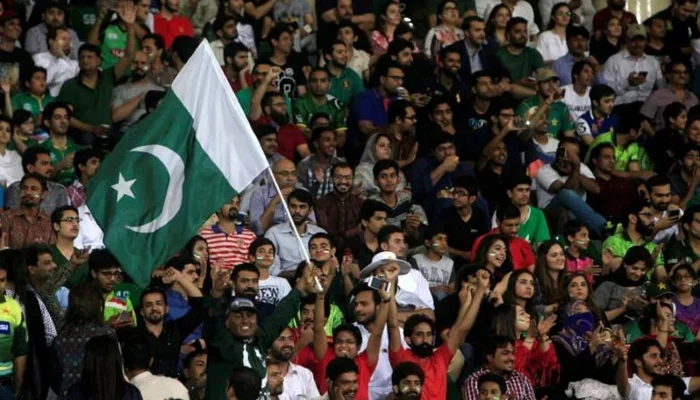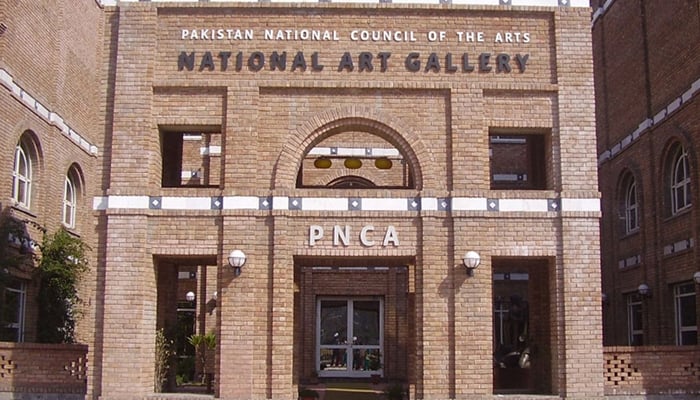A letter written about the books ban pointed out that Maus ‘mirrors a disturbingly similar political climate, albeit to a lesser degree, in America today’
It appears as if the current generation is watching the break down of an existing system, with the powers that be attempting to hold on to society they’ve shaped through whatever means they can think of. The US has seen riots, rigged elections, rising prices of fuel and other commodities, a strange consensus against the safety of vaccines, and the formation of a resignation movement. The latest manifestation of this paradigm dissonance seems to have arisen in the banning of books. Let’s be clear about one thing: it isn’t about the books.
Literature, in any form, has been the means through which one can explore, analyze, and critique culture. It has evolved from the living-room gossip of aristocratic noblemen to a means by which the public is not only entertained but informed and spiritually guided.
In the first four months of this school year, Texan school districts received 75 formal complaints against one book or the other. In comparison, they received a singular complaint the year before. The skyrocketing of complaints against which books can be taught in schools is not to protect the kids. After all, one cannot be protected from mindfulness, but one can be stunted from thoughtfulness. Books are not banned to protect young minds, but to safeguard old status quos. This is a dimension of a culture war at play.
A recent report by Business Insider outlined how a Virginia school board not only voted 6-0 to remove books from library shelves but wherein the chair said that many people would “like to see those books before we burn them.” Alongside the rise of old myopic ‘traditions’ such as overt racism and capitalistic exploitation, it’s almost unsurprising to see the return of 19th-century book burning tactics. Freud once remarked, “What progress we are making. In the Middle Ages, they would have burned me. Now they are content with burning my books.” A hundred or so odd years later, the public has to be content with the same.
As censorship rises through the power of loud parents and axiomatically hive-minded officeholders, exactly which books have been deemed so offensive, so “sexually explicit”, and so bellicose that they must be kept away from the eyes of children, middle-schoolers and high-schoolers alike?
One of the most shocking bans comes from the outcry against To Kill a Mockingbird. On one hand, it’s a book that highlights the necessity of thinking critically, of considering and caring for other people. You never really understand a person until you consider things from his point of view — until you climb into his skin and walk around in it,” Atticus tells Scout. On the other hand, it does highlight some of the less pleasant parts of America’s history, so that is apparently enough for it go on the chopping block.
One school district barred Dear Martin, a young adult novel about a Black high school student who is racially profiled, after one parent complained about language and sexual references. Similarly, another board voted unanimously to ban Maus, the Pulitzer Prize-winning graphic novel about one family’s Holocaust experience, from the eighth-grade classroom because of eight curse words and one panel depicting a nude woman.
A letter written to the New York Times about the ban pointed out that Maus “mirrors a disturbingly similar political climate, albeit to a lesser degree, in America today. Maybe that is the real reason the Tennessee school board preferred to limit this information to its young scholars.”
Regardless of the claims of protecting children from certain materials that would be too mature for them, this situation reads more like an attempt to curtail access to critical thought. Book banning has historically been an act of oppression against free, expansive thought. Previous bans have sprung from political connotations: the call to ban Harry Potter and Twilight for their depictions of magic and supernatural elements from the conservative lane or the liberal demand to ban Huckleberry Finn for its use of the N-word.
However, the titles under review during this nigh-competitive race to empty library shelves are rather revealing. While the complaint itself often only lists a page or two as the cause for a ban, almost each book touches upon titles of sexuality, race, gender, or inequality. Two of the banned books are on civil rights icon, Ruby Bridges. She was the first child of color allowed to attend school with white people. There is an irony in how the suffering of a child obtaining a modicum of equality is supposedly too sensitive for kids to read about. The young girl endured racism and political opposition, but it would be too much to ask the kids of today to acknowledge and understand the importance of that, it seems.
If you want one title to truly give away the game, the madding opposition to reading wants to ban And Tango Makes Three, a picture book based on real-life gay penguins who adopted a baby. If they could find something “pornographic” in this, then the aim is clearly to find any excuse to reduce the number of available books that can speak to a different perspective. This tracks with the fact that an Oklahoma bill proposed a $10,000 pay-out for people who report banned books being carried on the shelves. Censorship is not only rising, but also been encouraged monetarily.
Prior to the development of any form of an English degree, literature was considered little more than the idle gossip of the rich. At the occasion of Literature being introduced as a program at Oxford, George Gordon, early Professor of English Literature at Oxford, commented in his inaugural lecture that “England is sick, and . . . English literature must save it. The Churches (as I understand) having failed, and social remedies being slow, English literature has now a triple function: still, I suppose, to delight and instruct us, but also, and above all, to save our souls and heal the State.”
It seems the sickness has returned, and it is fighting harder this time.
















